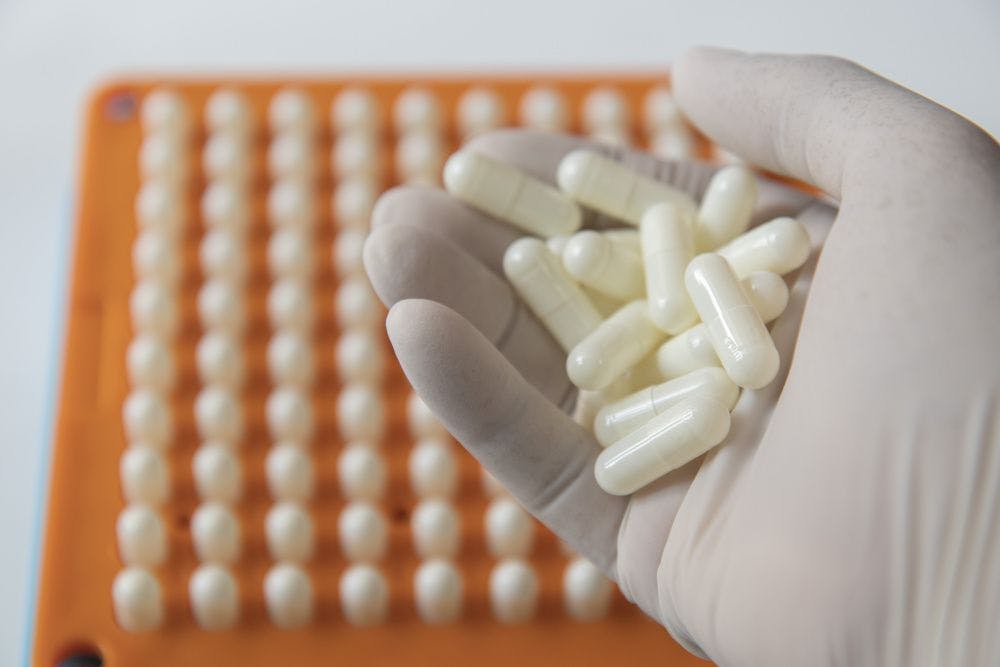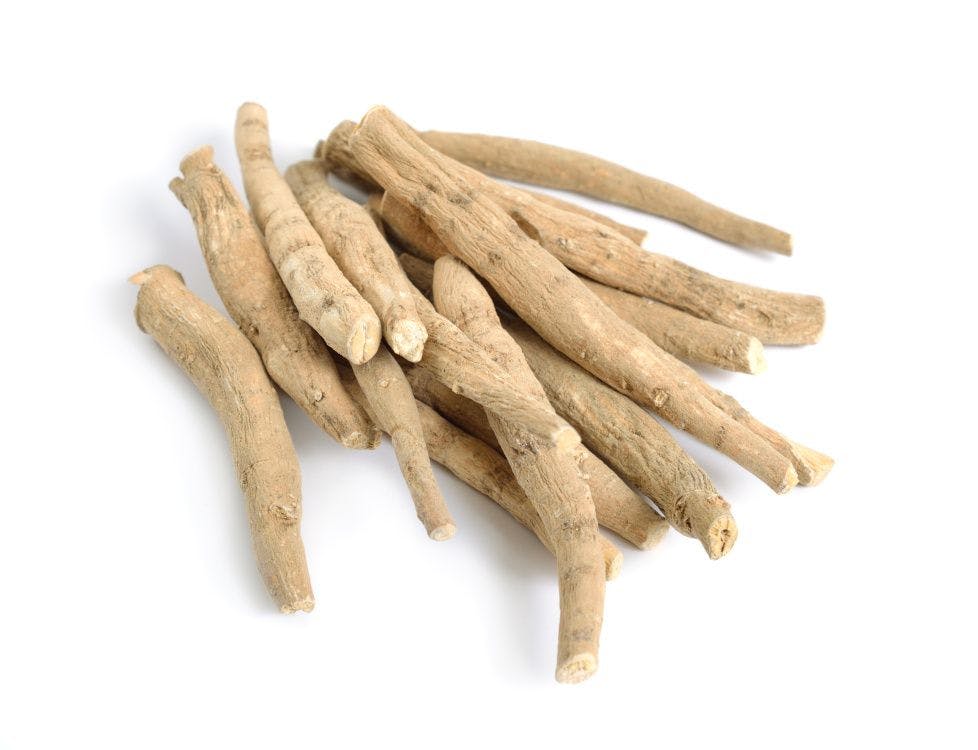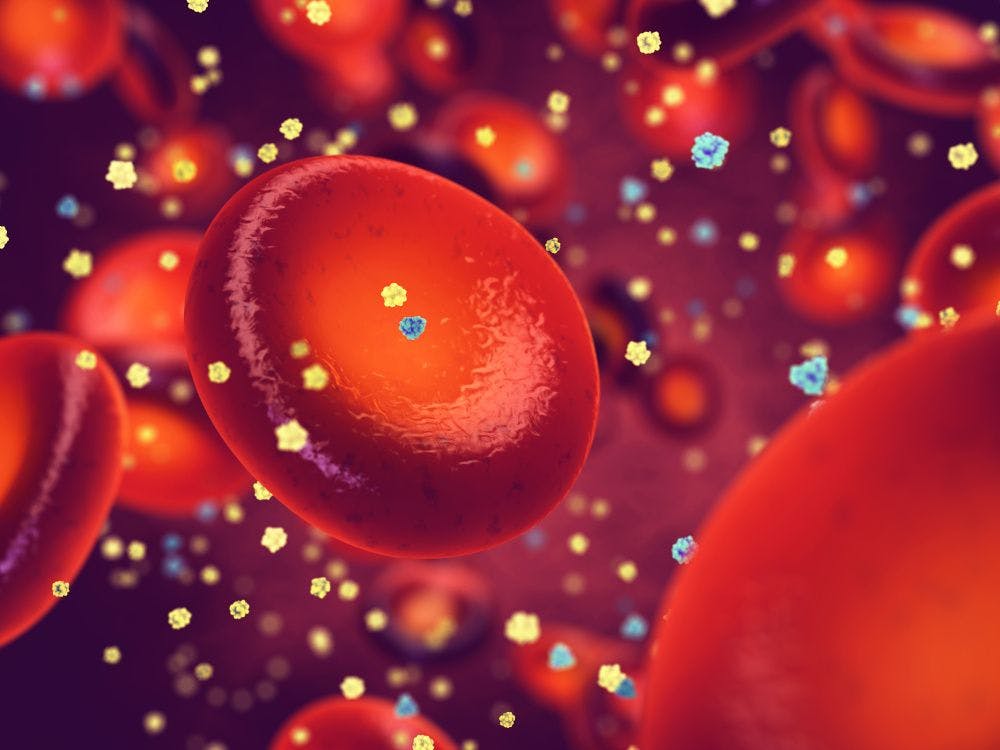How elderberry became an immune-health superstar last year. 2021 Ingredient trends to watch for food, drinks, and dietary supplements
The COVID-19 pandemic solidified elderberry's place in the immune-health market in 2020. Continued demand in 2021 will push innovation and new product development, but it's also critical to ensure quality and authenticity.
PHOTO © DAFFODILRED - STOCK.ADOBE.COM
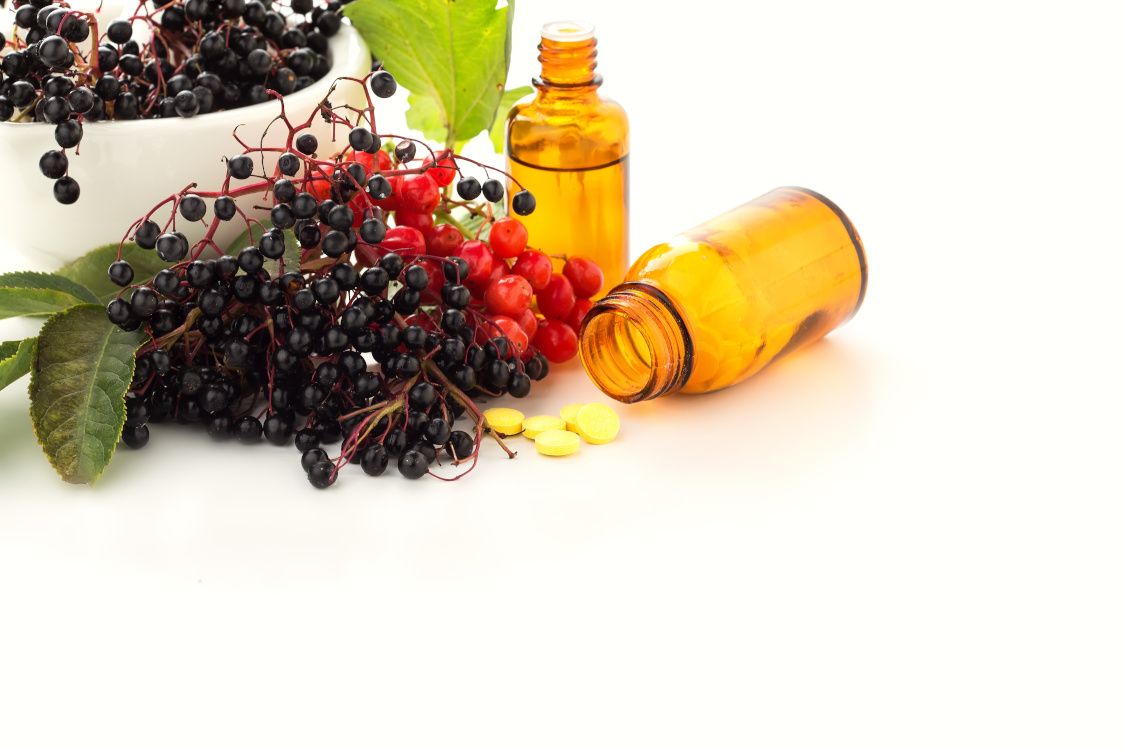
One of the biggest ingredient superstars coming out of the COVID-19 pandemic is elderberry, as consumers shopped for immune-support products wherever and whenever they could. According to SPINS (Chicago) data on the 52 weeks ending November 29, 2020, elderberry experienced a whopping 168.9% sales increase to reach $265.8 million in the U.S. mainstream supplements channel, and a 71.6% sales increase to reach $53 million in the U.S. natural supplements channel. These gains are impressive, even considering that elderberry has been on an upward trajectory for years. For instance, back in 2019, elderberry saw sales gains of 116% and 32.6% in the mainstream and natural supplement channels, respectively, based on SPINS data covering the 52 weeks ending October 6, 2019.
While skyrocketing demand in 2020 was excellent news for elderberry suppliers and finished-product manufacturers, meeting that demand was challenging. The nature of the global pandemic made business operations exceptionally difficult, straining the supply for raw materials.
“Whenever you experience such a significant increase in demand of two to four times, chances are high there is going to be a strain to keep up with the immediate surge coupled with ongoing requirements,” explains Leslie Gallo, president of elderberry supplier Artemis International (Ft. Wayne, IN). “Production was just one challenge, combined with substantial freight issues—flights delayed or cancelled, vessels overbooked, split shipments. It was stressful for suppliers and customers as well as for co-packers with tight production schedules.”
Despite these obstacles, suppliers and product manufacturers have adapted and are making it work to meet demand. For better or worse, as the pandemic drags on into 2021, it’s likely that both the challenges and the opportunities for elderberry will persist.
“The ongoing fear of the pandemic and a slower-than-hoped-for rollout of the [COVID-19] vaccine is continuing to affect the way consumers are thinking about their immune systems—what best to do/take to support their bodies to tackle COVID,” says Gallo. “Additionally, we are seeing a significant shift in inquiries from the functional food and beverage markets for our elderberry, blackcurrant, aronia, and cranberry [from] people seeking immune benefits in their everyday eating and drinking habits without needing to rely on daily supplements.”
The main draw for elderberry products is that they offer immune support from a natural source that also tastes good, which makes proactive immune support easier. This was true before the pandemic and will likely remain true long-term, says Nishant Shukla, director of marketing for Nature’s Way. “Even before the pandemic, consumers typically purchased Sambucus year-round but purchased more heavily in the winter months,” he explains. “The pandemic has placed immune support top of mind for many people. As a result, I believe that consumers will continue to seek out proactive and reactive immune-support supplements long after the pandemic subsides.”
For elderberry products, this means more gummies, syrups, and lozenges, which according to Shukla are among Nature’s Way’s most successful elderberry products. A new state-of-the-art gummy facility has given Nature’s Way a leg up in its ability to meet consumer demand and adapt to their needs.
More functional foods and beverages are on the way, says Artemis’s Gallo. “We have received increased inquiries for our elderberry powders for food and beverage development—a clear sign that elderberry is moving beyond the dietary supplement shelf and into mainstream food and beverages,” she explains. “Brands and formulators are experimenting with fortification using immune ingredients beyond the usual suspects of vitamins and minerals.”
With surging demand and new product development of functional foods and beverages, the future of elderberry is bright; however, the ingredient’s ongoing success will also exacerbate its struggles with adulteration. Prospective manufacturers need to be vigilant about the ingredients they source and the suppliers they work with.
“Artemis first called attention to evidence of adulteration in the elderberry industry before the pandemic began; however, once COVID-19 spread throughout world and black elderberry was actively sought out for its immune-support properties, the demand surpassed the supply and the adulteration increased exponentially—in both ingredient supply chains as well as some finished retail products,” explains Melanie Bush, chief science officer for Artemis. “Artemis has been working closely with the American Botanical Council (ABC; Austin, TX), U.S. Pharmacopeia (USP; Rockville, MD), the American Herbal Pharmacopoeia (AHP; Scotts Valley, CA), and other reputable industry organizations and analytical laboratories to combat elderberry adulteration head-on through identification, education, and robust detection methods.”
One of the best ways to protect oneself from buying adulterated products is to verify that the materials meet analytical standards. This means relying on analytical qualitative analysis with methods such as high-performance thin-layer chromatography (HPTLC) or high-performance liquid chromatography (HPLC) conducted by a reputable third-party laboratory. This process will compare the sample in question to an authenticated botanical reference sample of black elderberry.
“It is not enough to simply obtain a quantitative anthocyanin value that matches what is stated on a supplier’s Certificate of Analysis, as the source of the anthocyanins may be something other than elderberry,” says Bush. “This is not the time to spare time or expense on authenticating the source of a black elderberry ingredient. We have also seen fraudulent analytical documents provided by suppliers, so the buyer would be wise to contact the lab and have it verify results and/or have a sample analyzed themselves at a reputable lab.”
Another major red flag to consider is pricing. If the cost of an elderberry ingredient seems too good to be true, it probably is. Adulterators might entice customers to buy elderberry extracts that are in fact cheaper commodities, such as juice concentrates or juice powders. Color is also very important. Black elderberry is high in anthocyanin color pigment, which gives it a dark purple, almost black, color; therefore, if you receive product that is white or yellow in color, it does not contain black elderberry, Bush cautions.
The demand is out there and the opportunity for success ripe for those who want to create black elderberry products. The risks of adulteration are not novel to the success of elderberry and therefore should not deter those who are willing to take the appropriate measures and invest in authentication. The long-term success of elderberry depends on maintaining a good reputation, and industry must do everything in its power to protect that reputation.
“The responsibility falls with dietary supplement and functional food/beverage manufacturers to source black elderberry from established suppliers with longstanding chain-of-custody control and transparency, and to conduct proper ID testing to authenticate each lot of the ingredient,” says Bush. “Companies and brands should communicate to consumers about black elderberry being a target for adulteration and to watch out for ‘white powder’ in capsules, or insignificant quantities being included in the formula. Companies can help build brand loyalty by educating their customers about what they are doing to ensure they are providing high-quality, authentic black elderberry products.”
2021 Ingredient Trends to Watch for Food, Drinks, and Dietary Supplements:
Vitamin C
Melatonin
Vitamin D
CBD
Elderberry
Mushrooms
Ashwagandha
Multivitamins
Protein
Probiotics
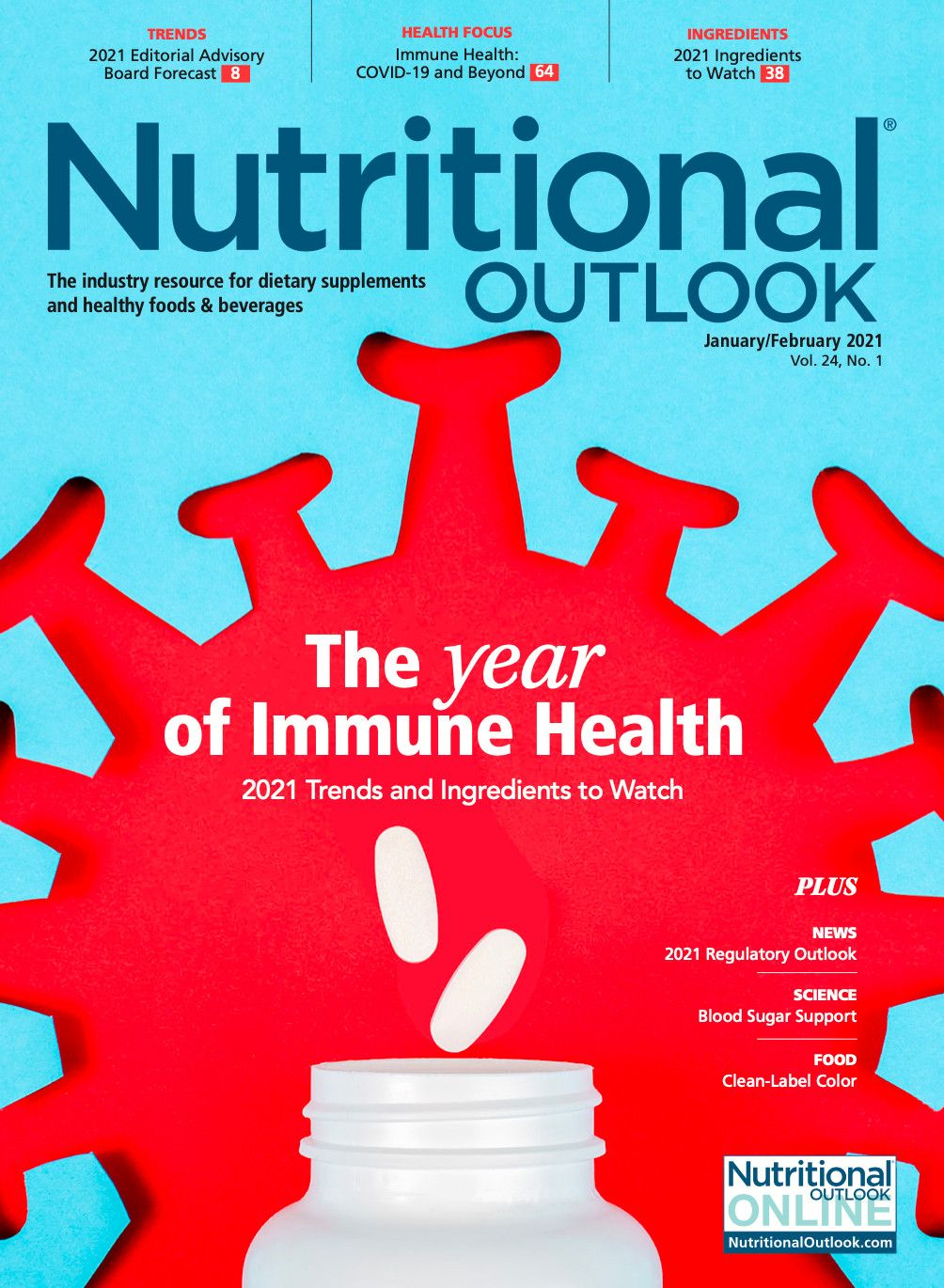
Polyphenols: The next generation of prebiotics is ready for liftoff
April 21st 2025Explore the prebiotic health benefits of polyphenols and the positive impact they may have on digestive and immune health. Polyphenols, such as those found in European black elderberry, may be an ideal solution for manufacturers trying to break into the digestive health space.
Prinova acquires Aplinova to further increase its footprint in Latin America
April 7th 2025Prinova has recently announced the acquisition of Brazilian ingredients distributor Aplinova, which is a provider of specialty ingredients for a range of market segments that include food, beverage, supplements, and personal care.






